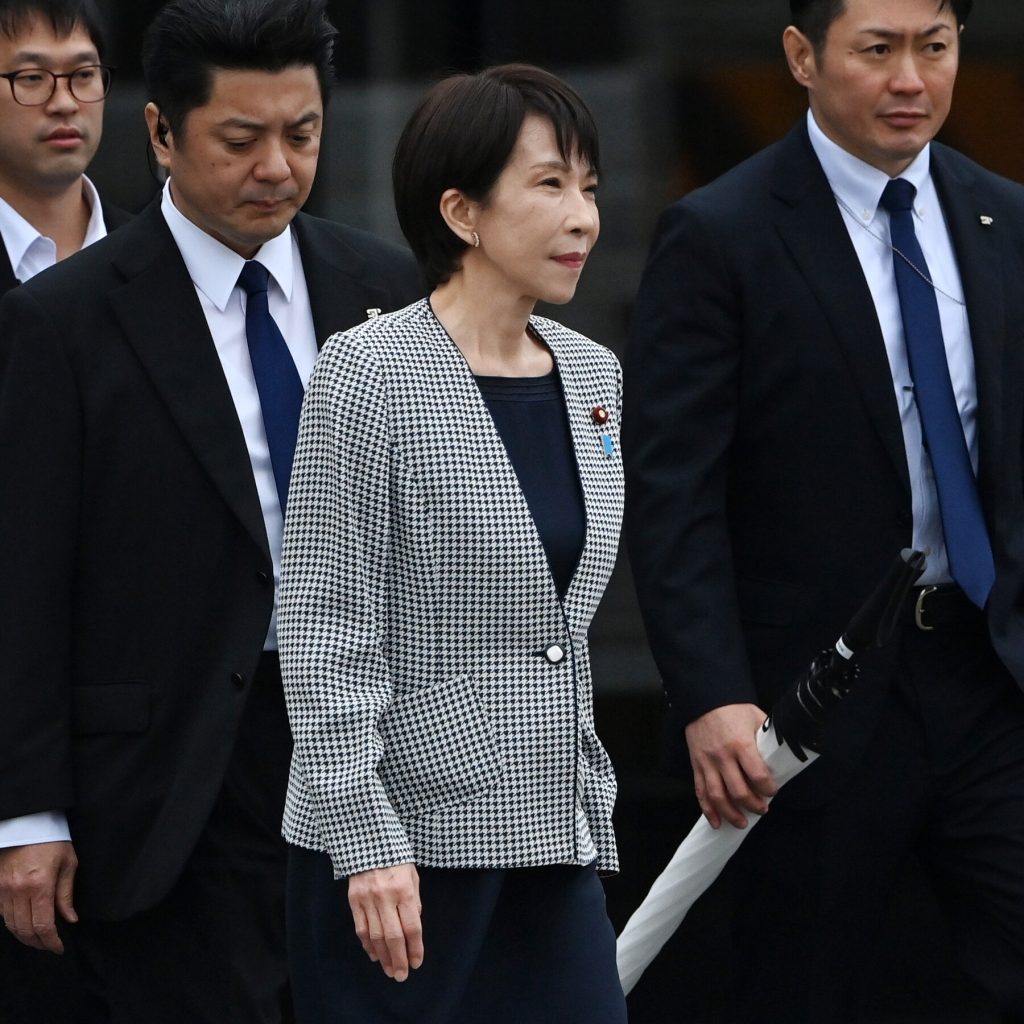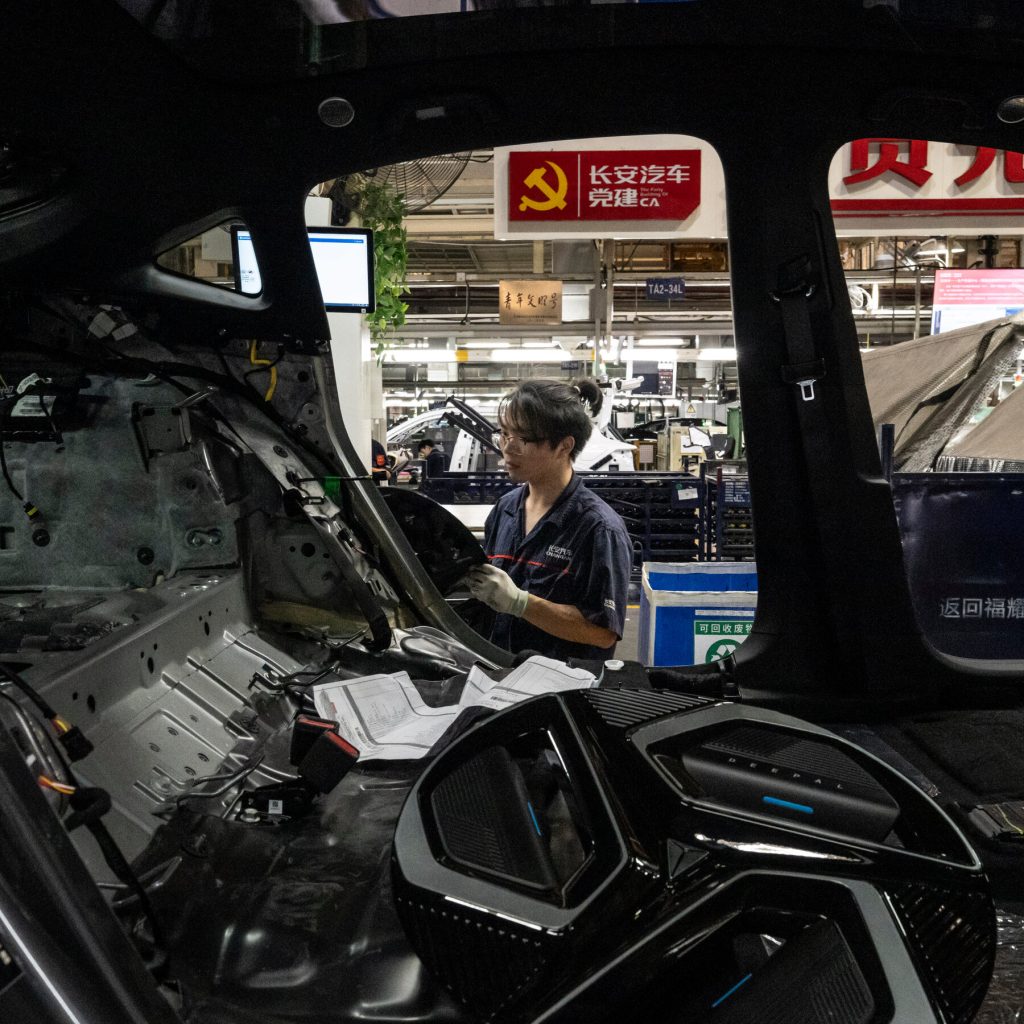E.U. Approves Sweeping Sanctions Targeting Russian Gas and Crypto

In a significant escalation of economic pressure on Russia, European Union leaders have approved a comprehensive package of sanctions aimed at curbing the country’s influence in the global energy market and limiting its access to cryptocurrency. The move comes just hours after the United States imposed its own set of sanctions on Russia’s two largest oil companies, Gazprom Neft and Rosneft, in a bid to further isolate Moscow.
The new EU sanctions, which were agreed upon by European leaders, target Russia’s energy sector, specifically focusing on the country’s gas exports. The bloc aims to reduce its dependence on Russian gas and diversify its energy supplies, while also undermining Moscow’s ability to use energy exports as a tool for geopolitical leverage.
In addition to the energy sector, the sanctions also target Russia’s growing cryptocurrency market. The EU aims to prevent Russia from using cryptocurrencies to circumvent existing financial sanctions and evade international scrutiny. The new measures are designed to increase transparency and oversight of cryptocurrency transactions, making it more difficult for Russian entities to engage in illicit activities.
The EU’s decision to impose sweeping sanctions on Russia reflects the bloc’s commitment to standing in solidarity with Ukraine and other Eastern European countries that have been affected by Russia’s actions. The move is also seen as a demonstration of the EU’s willingness to take a strong stance against Russian aggression, while also protecting its own economic interests.
The sanctions are expected to have significant implications for Russia’s economy, which has already been struggling with the impact of existing sanctions and a decline in global energy prices. The measures are also likely to further strain relations between Russia and the West, potentially leading to a prolonged period of heightened tensions.






